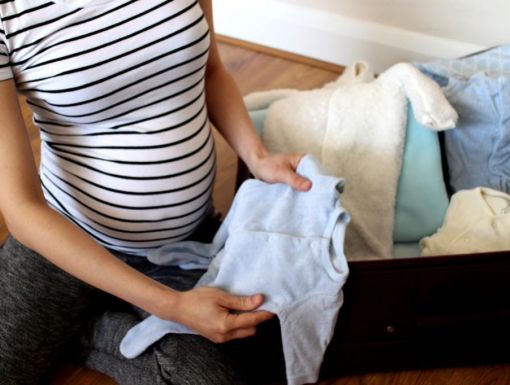
7 Important Questions You Want to Ask During Your First Pregnancy
Pregnancy comes with much excitement; however, a mom-to-be can have a lot of important questions along the way, especially if she’s never experienced pregnancy before. Every pregnancy is different and not all experiences will be the exact same from one expectant mother to another.
If you’re experiencing pregnancy for the first time, below are some questions and topics to discuss with your OB/GYN on your first visit, in addition to some answers to help give you a head start.
1. What foods should you avoid and what foods are good for you to eat?
Grains, fruits, veggies, dairy products, meat and beans are good foods to focus on while pregnant. Some foods to avoid include soft cheeses, shark, swordfish, packaged and raw meat, as well as raw fish such as sushi and fatty, greasy, fried foods. You should also limit canned tuna and salmon intake. Make sure to never skip breakfast!
2. Should you be exercising? YES!
However, do not have your heart rate exceed 140 beats per minute, don’t lift anything heavier than 10 – 15 pounds and don’t start a new routine. Do not exercise for more than 15 minutes in areas that are hot, humid or not well ventilated. Avoid exercises that will cause trauma to your abdomen, such as horseback riding, downhill skiing, wrestling, etc. Swimming is permissible, but diving is not. After the fourth month of pregnancy, avoid exercises that require you to lie on your back.
3. What if I have a trip planned?
When traveling, be sure to walk around every 1 to 2 hours as you are at an increased risk for blood clots. Avoid flying after 35 weeks and be sure to wear your seatbelt in the car!
4. When will your baby move in your belly?
You should feel your baby move at around 24 weeks and the baby should move 10 times in a 2-hour time period.
5. How often should you see your doctor?
In the beginning of pregnancy, you will see your provider every 4 weeks. At 28 weeks, you will begin to see your provider every 2 to 3 weeks. At 36 weeks, you will see your provider every week until delivery.
6. What should you do if you feel a contraction?
Cramping or Braxton Hicks contractions are common in the second and third trimesters. Make sure you stay well hydrated. You may also find comfort from a warm bath. If you experience your stomach hardening or firming every 5 minutes or less for 2 hours, come to labor and delivery for assessment.
7. When should you come to hospital?
If you have heavy bleeding, loss of fluid consistent with rupture of membranes, contractions 5 minutes apart or closer, or if you don’t feel your baby move 10 times in 2 hours, call your physician. If it is after hours, you should call labor and delivery or the nearest ER.
Enjoy these next few months! But be sure to be informed about what is going on internally and externally during your pregnancy.
Looking for parenting advice and health tips for kids? Sign-up for our free parenting newsletter.


